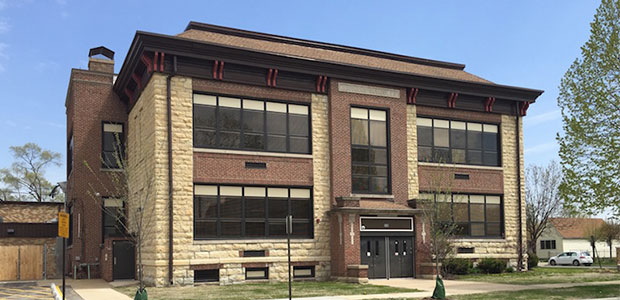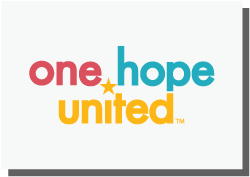Child Care and Early Education


Child Care and Early Education
One Hope United Child Development Centers cater to the individual needs of each community, child and family in our care. We nurture children’s growth and partner with parents to help children become independent, self-confident, inquisitive learners. Our curriculum-based programs focus on preparing students to succeed when they enter kindergarten. Visit your center’s page to schedule a tour!
FIND A CENTER
View our COVID-19 Health and Safety Procedures, a reference to keep families informed about how we are working to keep students and staff safe.
Download our FAQ for Parents, a reference tool to help any family choose a child care or early learning program.
Features
Active Learning
At One Hope United, your child will be actively learning throughout the day. Using the Creative Curriculum, our teachers design classroom environments with learning centers based around math and science, literature, music and movement, art, dramatic play, computers, and more. Through hands-on activities and the Respectful Infant Environment approach, children of all ages learn to explore, make choices, and understand the world around them.
Healthy Living
We believe in nurturing each child’s mind, body and soul. Our proprietary Healthy Lifestyles curriculum emphasizes exercise, healthy routines, nutritional practices and environmental awareness. Daily indoor or outdoor activities that promote this philosophy include cooking, maintaining center gardens, recycling, and gym or playground time.
Technology in the Classroom
Technology is a crucial part of any education today. Many of our classrooms incorporate computer activities and SMART Boards—interactive digital screens that support a range of learning styles, from tactical to visual to audio. Our Des Plaines, and Wilmette centers use Tadpoles, an app that allows teachers to send you photos, videos, and updates on your child’s day, straight to your email or smart phone. More centers will begin using tadpoles soon!
Family-Centered Care
We support your child’s healthy development both at our centers and while they’re at home. Our centers build deep relationships with the communities they’re in and customize their care to each individual child and family who attends. Centers offer parent programs to help you bond with your child and support their education, and our curriculum includes events that encourage family participation.
Nationally Accredited
All of our eligible centers are accredited or undergoing accreditation by the National Association for the Education of Young Children (NAEYC)—a distinction held by less than 10% of centers in the country.
Our Programs
Find a child care center
Our Locations
Aurora Early Learning Center
525 College Ave.
Aurora, IL 60505
Map
630-256-7700
Center Page
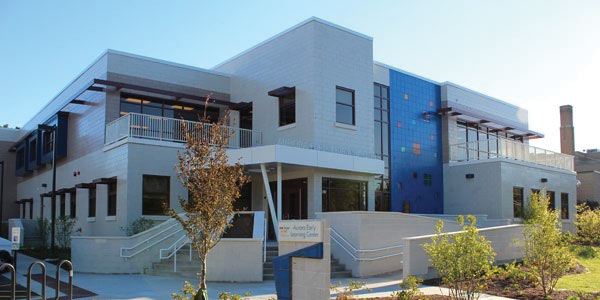
The Busy Bee Children’s Center
2115 Ernie Krueger Cir.
Waukegan, IL 60087
Map
847-245-6800
Center Page
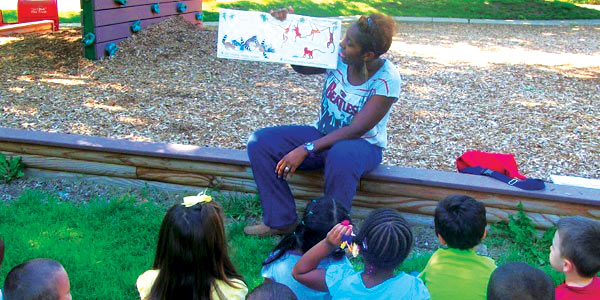
Bridgeport Child Development Center I
3053 S. Normal Ave.
Chicago, IL 60616
Map
312-842-5566
Center Page
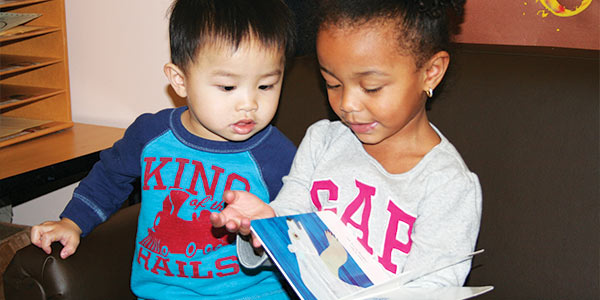
Bridgeport Child Development Center II
514 W 31st St,
Chicago, IL 60616
Map
312-949-4015
Center Page

Elgin Child & Family Resource Center
210 National St.
Elgin, IL 60120
Map
847-697-7100
Center Page
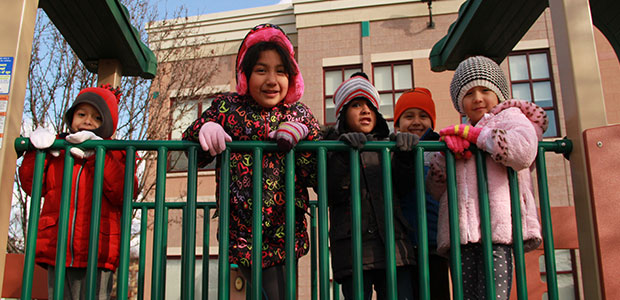
Joliet Early Learning Center
500 Parks Ave
Joliet, IL 60432
Map
815-722-4200
Center Page
